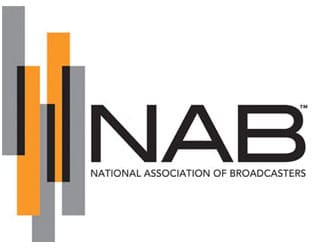Rep. Marsha Blackburn (R-TN) is all for broadcast localism. She just doesn’t believe that the way to achieve this "laudable goal" is to bury broadcasters and the government under a mountain of new paperwork.
Over 120 of her House of Representatives agree.
In a letter to FCC Chairman Kevin Martin, Blackburn wrote, "While we agree with the Commission that fostering more and better local programming is a laudable goal, we do not agree that mandates from Washington are the best means of achieving that goal. Indeed, the tentative conclusion in the localism proceeding to effectively force broadcasters to air programming that fits pre-ordained categories creates clear constitutional concerns."
Explaining her thinking, Blackburn’s office noted that the "…FCC localism effort will restore a 1970s era regulatory regime for local broadcasters. That represents a return to a time when most local radio stations operated in the red. Reverting to out-of-date rules would impose significant costs on broadcast licensees that will harm their ability to serve the public interest. This could ultimately lead to cost-cutting and job elimination in an effort to comply with the Commission’s ill-conceived mandates."
She told Martin that the effort "…is a thinly guised method of controlling broadcast content."
The list of co-signers is bipartisan, although Blackburn harvested most of the signatures from her own side of the aisle. Notable among them are recent presidential candidate Ron Paul (R-TX), key Energy & Commerce Committee members Fred Upton (R-MI) and Greg Walden (R-OR), and former Washington Redskins quarterback Heath Shuler (D-NC), one of the Democrats signing on.
RBR/TVBR observation: We don’t know where Blackburn came up with the theory that broadcasters were operating in the red back in the 70s. But the bottom line to all of this is that broadcasters should keep it local for their own good. But paperwork won’t make that happen. And if there will be no broken laws or regulations if programming is determined NOT to be local, no sanctions are possible, making the whole thing a pointless exercise.
In other words, if it is perfectly legal to run a syndicated home shopping network originating in a distant city 24/7, what possible statute is the FCC trying to enforce? The answer is that there is no such statute, and until there is, there is no reason to impose this burden.




